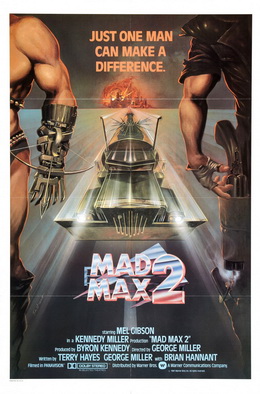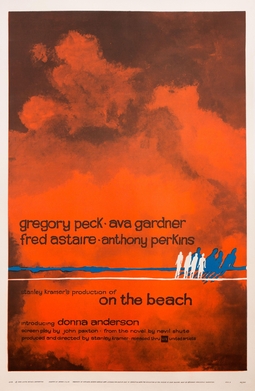- Also Known As:
- Unknown
- needed to precede following dl
- Languages:

- Length:
- 115 minutes (Uncut)
- Review Format:
- DVD
- Countries:
- Predominant Genre:
- Action
- Director:

- Outstanding Performances:
- None
- Premiss:
- Women rebel against a tyrannical male ruler.
- Themes:
- Advertising | Alienation | CompassionCourage | Curative | Destiny | Emotional repression | Empathy | Erotophobia | Gynophobia | Identity | Individualism | Loneliness | Loyalty | Materialism | Narcissism | Nostalgia | Personal | Personal change | Political | Political Correctness | Pornography | Preventive | Propaganda | Republicanism | Sadomasochism | Schizophrenia | Self-Expression | Sexism | Sexual Repression | Solipsism | The State | Stereotyping | Totalitarianism | Western world | White culture
- Similar to:




Caucasians destroying what they do not know how to share
Silly and repetitive movie that is essentially a pointless retread of the style of Mad Max 2 (not Mad Max since there was no apocalypse in that first movie), but with a bigger budget, less substance and greater illogic. The petroleum-starved future-worldsters possess an endless supply (despite their being no petrol stations) of the very dramatically-catalyzing liquid said to be in short supply - not to mention an endless supply of military firepower.
The improbable special effects place the two-dimensional characters in impossible situations from which they could not possibly escape; leaving us with a big dipper of a movie - possessing little relationship to lived experience.
The characters only exist to survive the regular onslaught of frenetic violence that attempts to paper over the emotional thinness of the screenplay; explaining the dearth of affective differentiation between the characters. That no substantive culture is actually being preserved here is what one has come to expect from a Caucasian culture where mere survival is more important than living fully. There is no explanation (nor is this fundamental issue dramatically explored in any detail) why Whites do not invent a culture that they can call their own, instead of appropriating from others - that they would be prepared to die to defend? Or are they really as culturally unimaginative as they are in the esthetic realm?
This in-substantialness spurs the peculiar todestrieb so common among Whites in movies like this - Valhalla being somehow more honorable than productive endeavor - while also supporting the ludicrous premise (a water supply monopoly without the military might to enforce it).
The only really believable aspect to this movie is that of Whites repeating the same behavior patterns that produce the problems they experience here - ad infinitum. Whites simultaneously see themselves as technological superheroes; while ultimately realizing that their technology has caused more problems than it has solved - with no apparent means of escaping the corner into which they have, thus, painted themselves (save by repeating their conditioned reflex to destroy).
Following a global disaster, Whites would - most likely - become more overtly violent than at present; revealing what they are really like deep inside (underneath the layers of White supremacist emotional repression and self-denial). But that is a theme for another, far better movie.
To keep the White male audience interested, skinny White girls are presented as half-dressed eye-candy, yet no-one who wishes to avoid painful sunburn and/or skin cancer ever dresses this way in the kind of desert environment in which the story is set. Yet, suntans are as little in evidence here as is the medical degree of the writer/director.
That the sub-Terry Gilliam black humor serves no real dramatic purpose only emphasizes the abundantly-obvious fact that this is a cynical exercise in audience time-wasting, with the ghoulishness usually attendant upon having nothing to live for and nothing much to say about the resulting emotional emptiness: Both for the characters and for the creators of this dreck. The large sums of money expended on dross like this is a shameful waste of physical resources and otherwise fine actors.





No comments:
Post a Comment